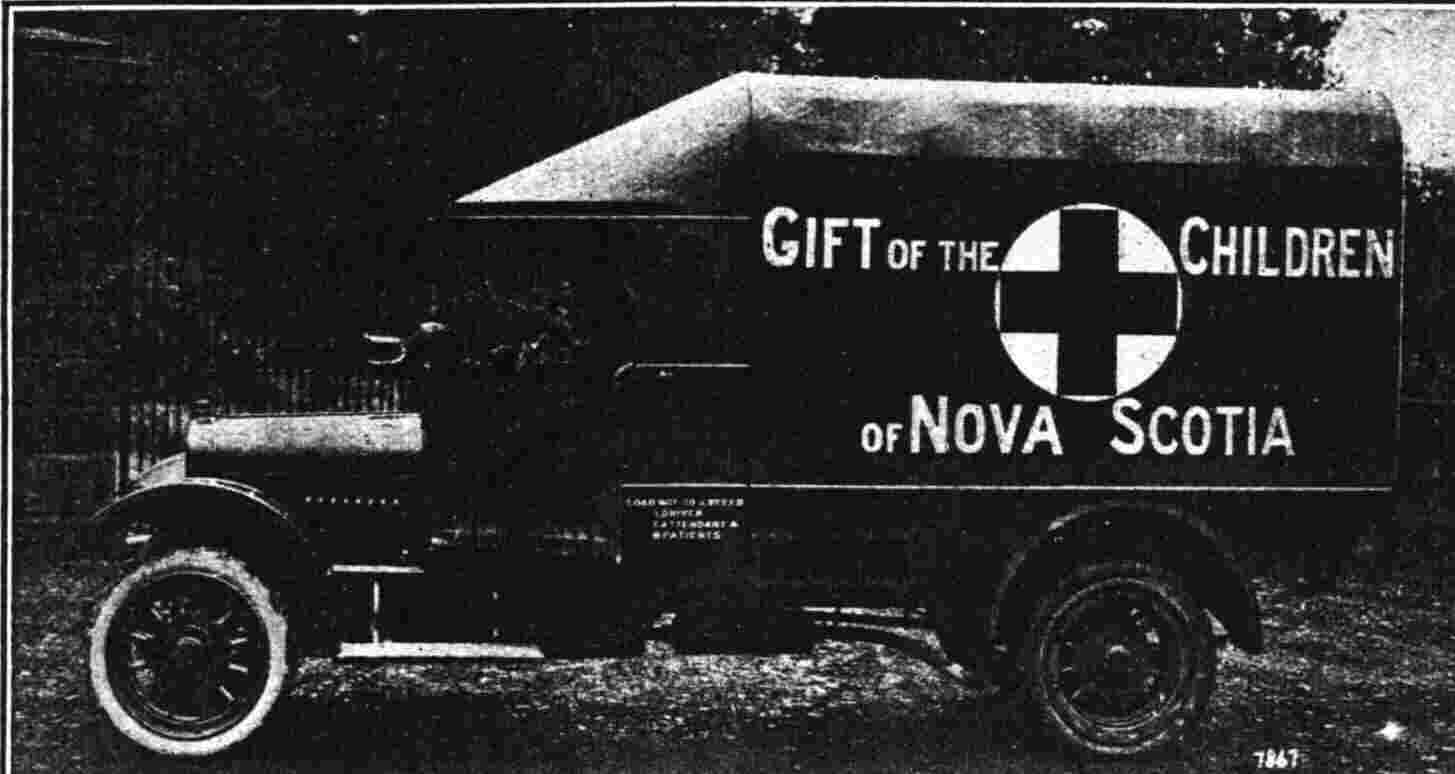
This illustrated description of World war 1 Ambulances was made possible because of the information and photographs that were kindly donated by Mr Michael Homer. Mr Homer, who lives in Hampshire, England, is currently writing a book that will be called "The British Army Ambulance". The period that the book will cover will be from the Crimean War to today's modern ambulance.
Mr Homer can be contacted at mamjh@yahoo.com
Horse drawn Ambulances were give the numbers of Mark 1 to 6.
Mark 1 Ambulance: This carried two stretchers and eight walking wounded.


A Mk 5 Horse drawn ambulance ready for use..

The following two colour pictures are of the side and rear of a Mark 4 ambulance were taken by Mr Michael Homer
at the RAMC museum, Keogh Barracks, near Aldershot, UK.


During WWI cars were donated by individuals for the war effort to be fitted with ambulance bodies. (Some wealthy families sometimes included their chauffeurs as well, the man joining the army). Some donors had ambulance bodies fitted with no consultation with the authorities, which resulted in horrendous problems because repairs and servicing were very difficult with no standard models. Eventually the British Red Cross laid down a specification for bodies and some form of standardisation was achieved which made it possible for ambulance bodies to be ordered direct from the manufacturers (See advertisements). Financial donations for ambulances were received from various organisations and businesses like Breweries, Trade Unions, charities, hunts, worshipful companies, and the Silver Thimble Fund.
Manufacturers of ambulances included Rolls-Royce, Daimler, Albion, Morris, Vulcan, Austin, Sunbeam-Rover, Wolseley, Siddeley-Deasy, Renault, Buick, Crossley, Vauxhall, Argyll, Sunbeam, Lanchester, Ford Model T, Fiat and Star




TRAILER AMBULANCES

This photograph, taken from the Magazine, "The Autocar", of 1915 is of an ambulance trailer that was used to transport wounded soldiers from the railway station to hospitals in Birmingham, England.